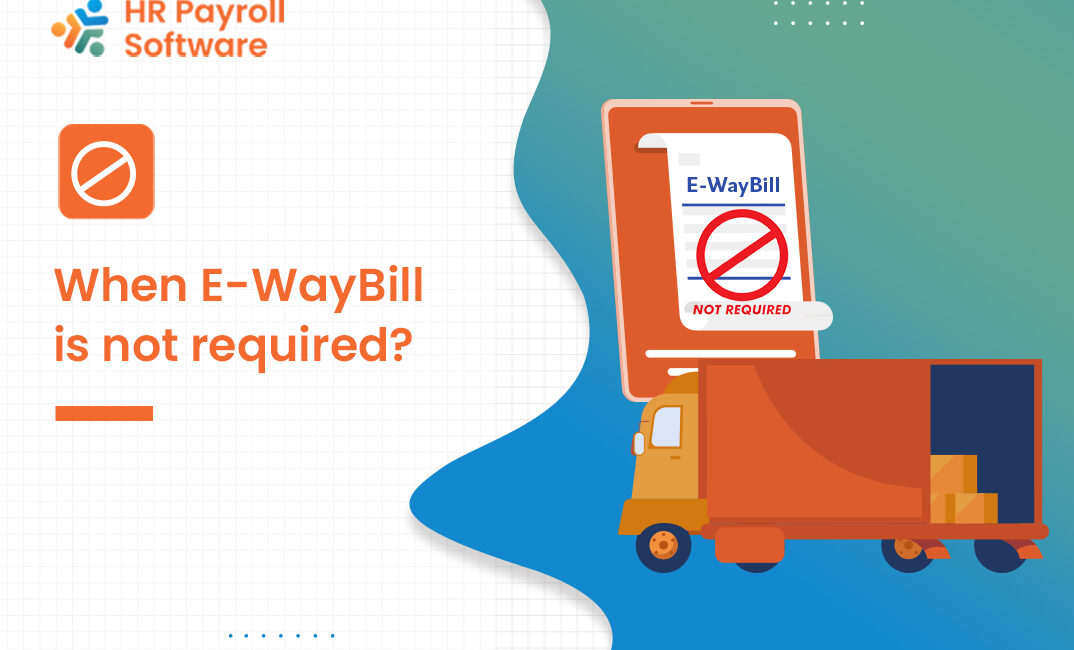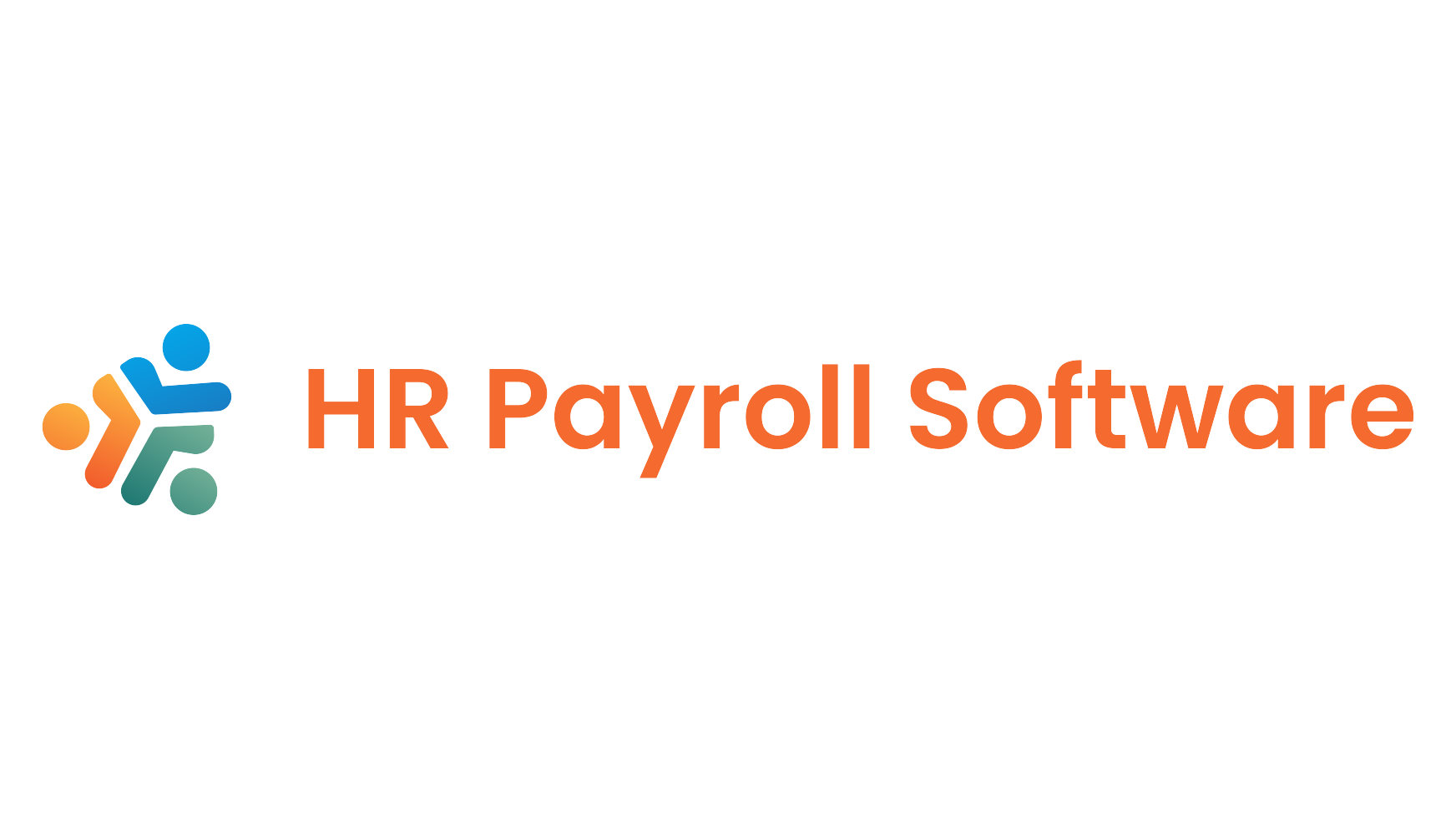
In the intricate web of Goods and Services Tax (GST) regulations in India, understanding when E-Way Bills are not required is as crucial as knowing when they are. E-Way Bills serve as digital documentation for the movement of goods, but there are specific scenarios where businesses can breathe a sigh of relief from this requirement. In this blog, we’ll explore those exemptions, providing clarity for businesses in navigating the GST landscape.
When E-Way Bills are Not Required:
- Transportation of Exempted Goods: E-Way Bills are not mandatory for the movement of goods that fall under the category of exempted goods as per GST regulations.
- Goods Below INR 50,000: If the value of the consignment is less than INR 50,000, businesses are exempt from generating E-Way Bills. However, it’s crucial to stay informed about any updates to this threshold.
- Non-Motorized Conveyances: E-Way Bills are not required for goods transported by non-motorized conveyances, such as bicycles or hand-carts.
- Transportation Within a State: If the movement of goods is entirely within the boundaries of a single state, E-Way Bills are not mandatory, even if the value exceeds INR 50,000.
- Customs Bonded Warehouses: Goods being transported from a customs bonded warehouse for clearance are exempt from E-Way Bill requirements.
Scenarios Exempting E-Way Bills:
1. Job Work Transactions: When goods are sent for job work and returned within the stipulated time, E-Way Bills may not be required.
2. Hand Delivery: In cases of hand delivery, where the goods are transported for a short distance, E-Way Bills may not be mandatory.
3. Specific Goods and Circumstances: GST authorities may specify certain goods or circumstances where E-Way Bills are not mandatory, and businesses should stay updated on such notifications.
Understanding E-Way Bill Exemptions:
- Time-Bound Transport: In some instances, if the transportation is completed within a specified time frame, businesses may be exempt from E-Way Bill requirements.
- Perishable Goods: Goods of a perishable nature, like certain food items, may be exempt from E-Way Bills due to the urgency of transportation.
- Special Categories of Goods: Certain special categories of goods, as determined by GST authorities, may be exempt from E-Way Bill requirements.
Tips for Businesses:
- Stay Informed: Regularly check for updates and notifications from GST authorities regarding exemptions and changes in E-Way Bill regulations.
- Documentary Evidence: Even when E-Way Bills are not required, it’s advisable to maintain documentary evidence of the transportation to address any potential queries.
- Clarify with Authorities: In case of uncertainty, businesses can seek clarification from GST authorities to ensure compliance.


